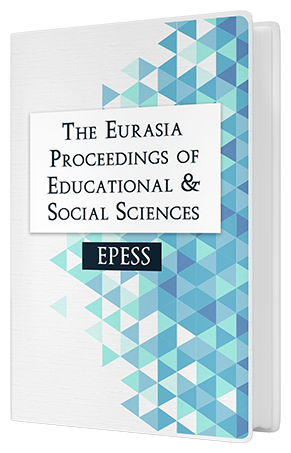Investigating Economy as a Mean to Rejuvenate Fossilized Mathematical Knowledge
Keywords:
Duality, Semiotic model, Fossilized knowledge, Relationship with knowledge, Transition between secondary school and universityAbstract
Teaching to first years at university level, we invariably had to deal with students having trouble with what we considered to be basic knowledge, like first degree equations. This issue was of paramount importance to us because most of the subsequent knowledge we had to teach relied, to some extent, on this basic knowledge. At some point we had to recognize the fact that recalling what a first degree equation was, was a completely inefficient strategy: students were bored to hear about the same concepts over and over again. Teaching in a business and management school led us to investigate the possibility of using economy as a mean to give these “old” mathematical concepts a second life. From a didactical point of view, our approach was to, sort of, reverse the connection between mathematics and economy. We went from “mathematics as a tool for economy” to “economy as a semiotic model of mathematics”. Our investigation is still at a preliminary stage. However, what we have found so far hints at the possibility of using this approach to have students gain a new and fresh interest in what they believed to be well-known mathematical concepts and moreover have them create, manipulate and reflect upon mathematics through the lenses of economy, so reshaping the very meaning of some mathematical concepts and letting them have the opportunity to experience a dual relationship between mathematics and economy, each one being in turn modeled by the other one.Downloads
Published
Issue
Section
License
Copyright (c) 2018 The Eurasia Proceedings of Educational and Social Sciences

This work is licensed under a Creative Commons Attribution-NonCommercial-ShareAlike 4.0 International License.
The articles may be used for research, teaching, and private study purposes. Any substantial or systematic reproduction, redistribution, reselling, loan, sub-licensing, systematic supply, or distribution in any form to anyone is expressly forbidden. Authors alone are responsible for the contents of their articles. The journal owns the copyright of the articles. The publisher shall not be liable for any loss, actions, claims, proceedings, demand, or costs or damages whatsoever or howsoever caused arising directly or indirectly in connection with or arising out of the use of the research material. All authors are requested to disclose any actual or potential conflict of interest including any financial, personal or other relationships with other people or organizations regarding the submitted work.




